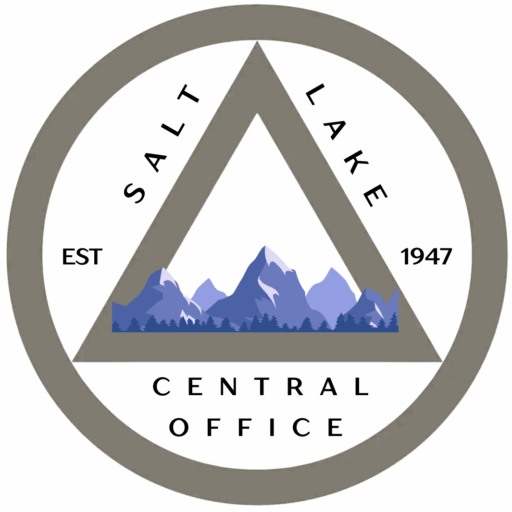I’m not so sure that we did ourselves any favors by creating coming up with a shortened version of the Twelve Traditions. The short form is what’s read at most meetings and often the only version members know. Consequently, our Third Tradition is often interpreted as “just say you don’t want to drink,” whether you drink or not. What is ignored is the need for identification. If the steps were all that was needed for recovery, we could sit at home and work them alone. Meetings would be irrelevant. But it doesn’t work that way. A necessary part of our recovery is identifying with other human beings who have been where we’ve been, done what we’ve done, and felt what we’ve felt … and have recovered. How can someone who doesn’t have a problem with alcohol, but doesn’t want to drink, identify with the alcoholic? Would I go to Gamblers Anonymous to treat my overeating? To Overeaters Anonymous to learn how to live, one day at a time, without crack cocaine? The Steps may be the same, but it’s not the same. Related: Probably. But not the same. Encouraging nonalcoholics to participate in A.A. creates problems for alcoholics and for the individual who is not addressing his or her real problem. By not guiding them to a program that more specifically addresses their problem, we may be signing their death warrant. As Bill says in “Problems Other than Alcohol,” “it has been learned that there is no possible way to make non-alcoholics into A.A. members.” Membership, no. But we can welcome them as observers at our open meetings. Bill goes on to warn that our first duty as a society is to insure our own survival; that we must avoid distraction and multipurpose activity; and that an A.A. group, as such, can’t take on all the personal problems of its members, let alone the problems of the whole world. When our primary purpose gets muddled with talk of drugs, pills, white flour, nicotine, or anything other than alcohol, what happens to the alcoholic? There are programs specifically for people with those other problems. But what about the alcoholic? Where will he go? Who can he find to identify with? A.A. groups have fallen apart because a few well-intentioned members insist that although the person isn’t an alcoholic, she should stay because for today, he or she doesn’t want to drink. I’ve seen a group censure their G.S.R. for taking a nonalcoholic aside to explain that it was a closed meeting for alcoholics only. Upholding the traditions is not an easy or popular stance to take in today’s A.A. Those who do are often characterized as rigid and out of touch with today’s reality or as uncaring and fearful bleeding deacons. I call them solid – and I hope to have the courage to be one of them.”
-Pg 16; General Service 2011 Report
